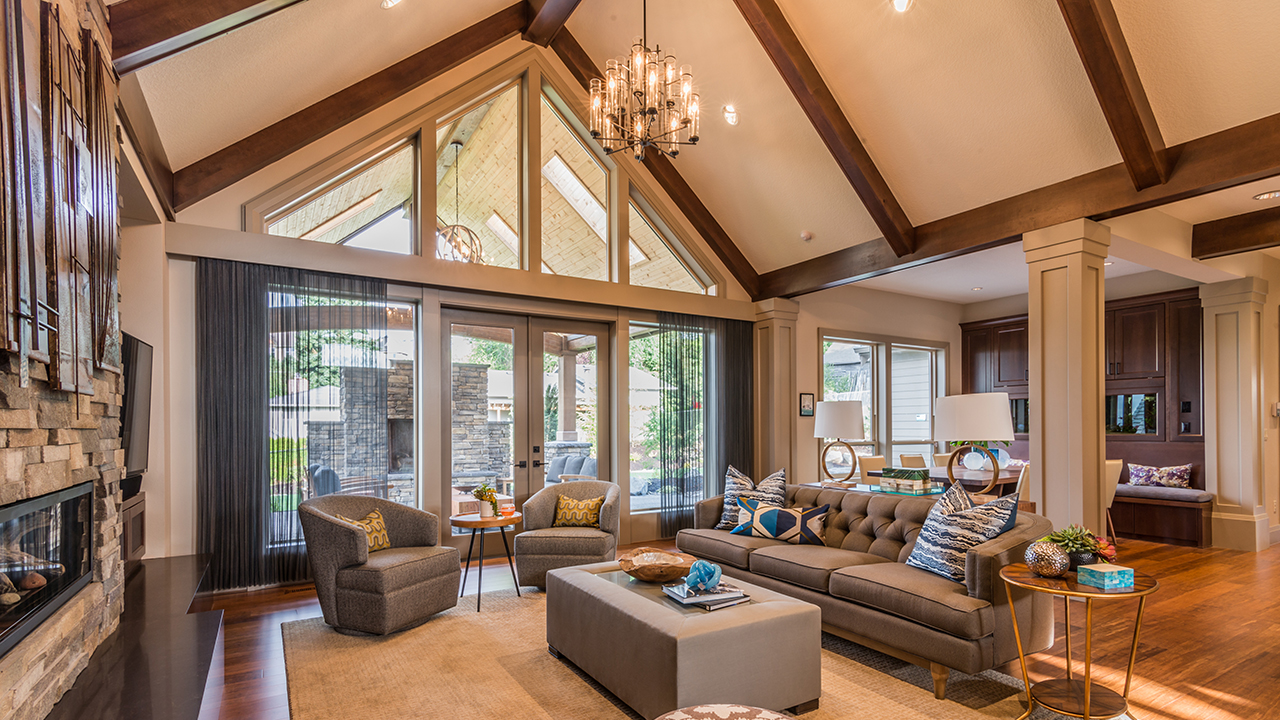Baby boomers who are approaching or have already entered their retirement years have traditionally been known to downsize. Not having as much property to take care of and minimizing the number of stairs that have to be climbed are generally the traits that tend to change once the Golden Years arrive.
But such a trend appears to be switching gears. According to a survey conducted by The Demand Institute, baby boomers aren’t focusing so much on downsizing and on all the features that may have once been sought out by the aging population.

For years, condos and other multi-family housing have predominantly been targeted by retirees, but this number appears to be dwindling. No longer is it necessarily the norm for retirees to trade in their larger homes for a condo in Florida or Arizona. An increasing number of retirees are now open to staying put in their own homes, or are even looking to upsize.
Sixty-three percent of the 4,000+ baby boomers polled in the survey indicated that they planned on either staying where they are, or even upsizing to a larger property. Many are even willing to take out a mortgage to make that happen, and are confident that they’ll be able to qualify for a new one despite the stringent lending criteria these days.
In fact, baby boomers of today have more mortgage debt compared to earlier generations at the same phase of life. The median outstanding balance on their mortgages spiked 142% since the early 1990s. As of 2013, the median outstanding mortgage balance for baby boomers is $118,000, compared to $48,743 back in 1992.
The other 37% who want to move don’t necessarily want to downsize. Over half of baby boomers claimed that they want at least the same size house they’re living in now, if not larger, whenever the day comes to move. Just under half said they plan on spending the same amount of money – if not more – when purchasing their next property.
Approximately 46% of baby boomers plan on upsizing. Many of these people never got around to buying their permanent home when the housing market crashed. Some of them are still renting, and are finally looking to put their names on title.
When they do take the plunge, however, they won’t exactly be spending a pretty penny, considering their average net worth of $40,000: $180,000 is the median price they’re looking to pay for their next home. The median square footage of their current homes is 1,200, which many are looking to expand on.
On the other hand, it’s the more affluent baby boomer demographic that is looking to downsize. These are the people who have already bought and lived in their dream homes (on average of 2,000 square feet), and are now looking for something that requires a lot less maintenance.
Approximately 54% of baby boomers are classified in this “downsizing” category. The median price for the next home they plan on buying will be higher: about $200,000 as opposed to $180,000.
According to a survey conducted by Harvard University’s Joint Center for Housing Studies along with the AARP, not all baby boomers are necessarily moving to warmer climates or city cores. Instead, we’re seeing a larger number of baby boomers staying put where they are. Many are choosing to move to the suburbs, but it won’t necessarily be very far from where they currently reside.
Only a third of older adults surveyed had plans to move out of state to warmer destinations, while over half plan to move within a 30-mile radius of their current homes.
The landscape is certainly changing when it comes to baby boomers and their lifestyle choices. How much their housing decisions will affect the rest of the real estate market will depend on how fast they decide to finally retire.



